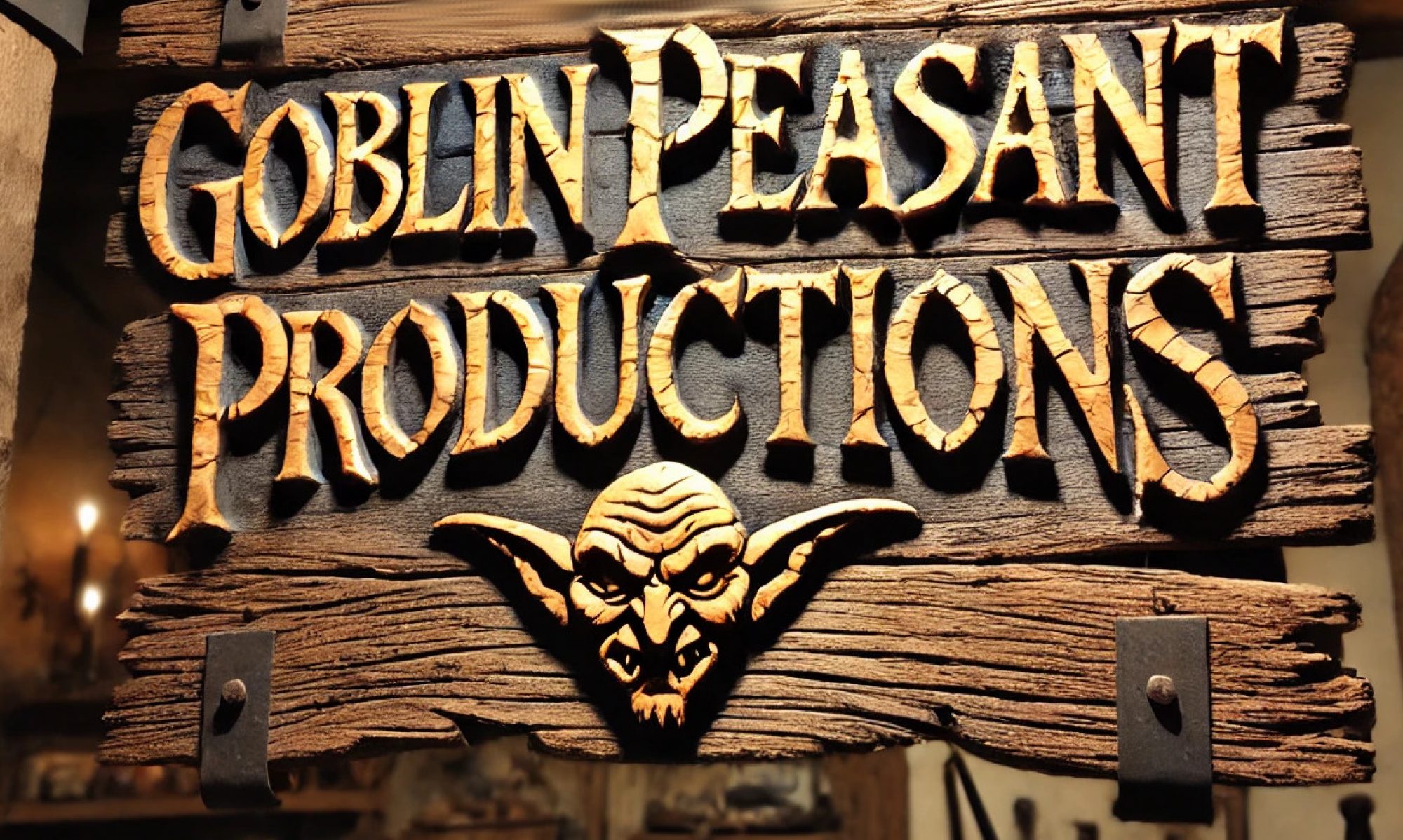Call of Cthulhu: The Haunting – Session One (Pt. 1)

List of Characters Stephen St. John, Esq.; Accomplished solicitor/lawyer. A dapper dresser and impeccable orator. Is willing to take on cases no one else would touch, partly out of pride and… well, no, entirely out of pride. Helped save the Adams store from lawsuits intended to keep Adams from inheriting it. Vincent Adams; Orphaned son […]
Call of Cthulhu Character Creator

To help the lazy and the indolent I’ve created a character creator. I’ll be making minor changes as time allows, but it’s nearly done. All I have to add as of now will be descriptions of what Occupation you’ve chosen, and for the point pool to change if you assign skill points to a skill. […]
Call of Cthulhu Character Creation Part 2

There are a few straggling items in creating a character in order to flesh them out more fully in the game. Here is a small sample of the occupations you can choose from. Switching up Attributes If you have somewhat confusing attributes that don’t please you you can do a few things. Accept it, and […]
Call of Cthulhu Character Creation

Turns out CoC Character creation follows a very few simple ruleset which you can download here. A character can be boiled down to a few certain attributes, which that PDF will go over, just like most RPGs. And also like most RPGs those attributes will be instantly familiar to you, and generally you can infer […]
